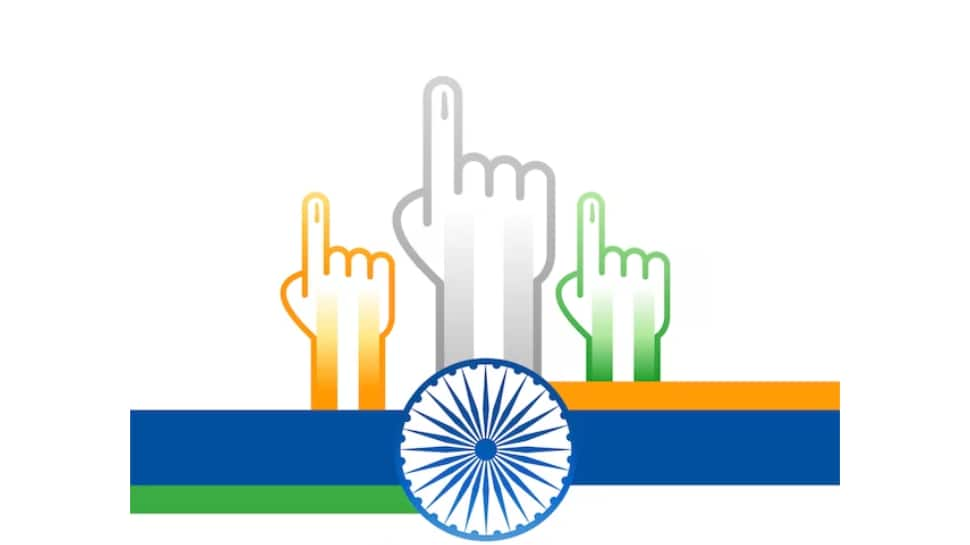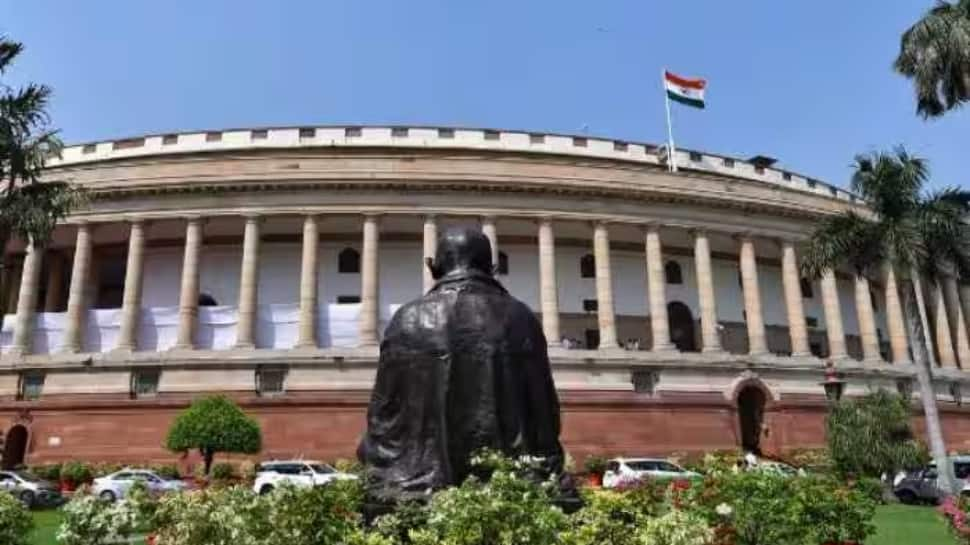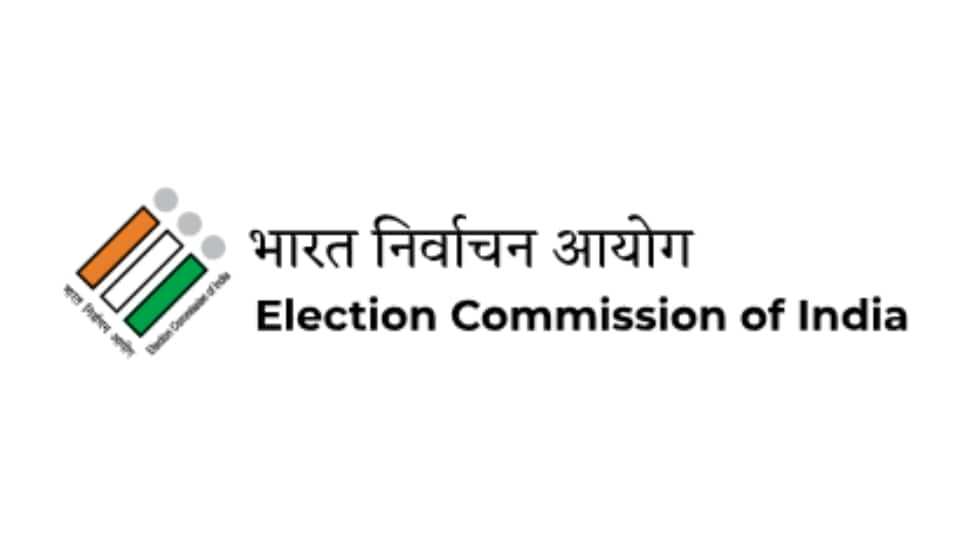5 Major Powers Of Election Commission of India
Directing Re-polling and Countermanding Elections:
)
In the face of electoral malpractice or vitiation of the electoral process, the ECI has the authority to order re-polling or even countermand elections in affected constituencies, acting as the custodian of electoral integrity.
Monitoring Electoral Finance:

With a keen eye on transparency and fairness, the ECI regulates the funding and expenditure of political parties and candidates, ensuring the electoral battle is fought on principles, not on the prowess of wealth.
Registration and Recognition of Political Parties:

The ECI is responsible for the registration of political parties and the allotment of election symbols. This power regulates party participation in elections, fostering a structured political environment.
Enforcing the Model Code of Conduct:

To maintain the sanctity of electoral processes, the ECI enforces the Model Code of Conduct, a set of guidelines that political parties and candidates must adhere to, ensuring campaigns are free from unfair practices and undue influence.
Conducting Elections

The ECI holds the authority to organize and oversee elections for the Lok Sabha, Rajya Sabha, state legislatures, and the offices of the President and Vice-President, ensuring the heart of democracy beats uninterrupted.
Trending Photos








